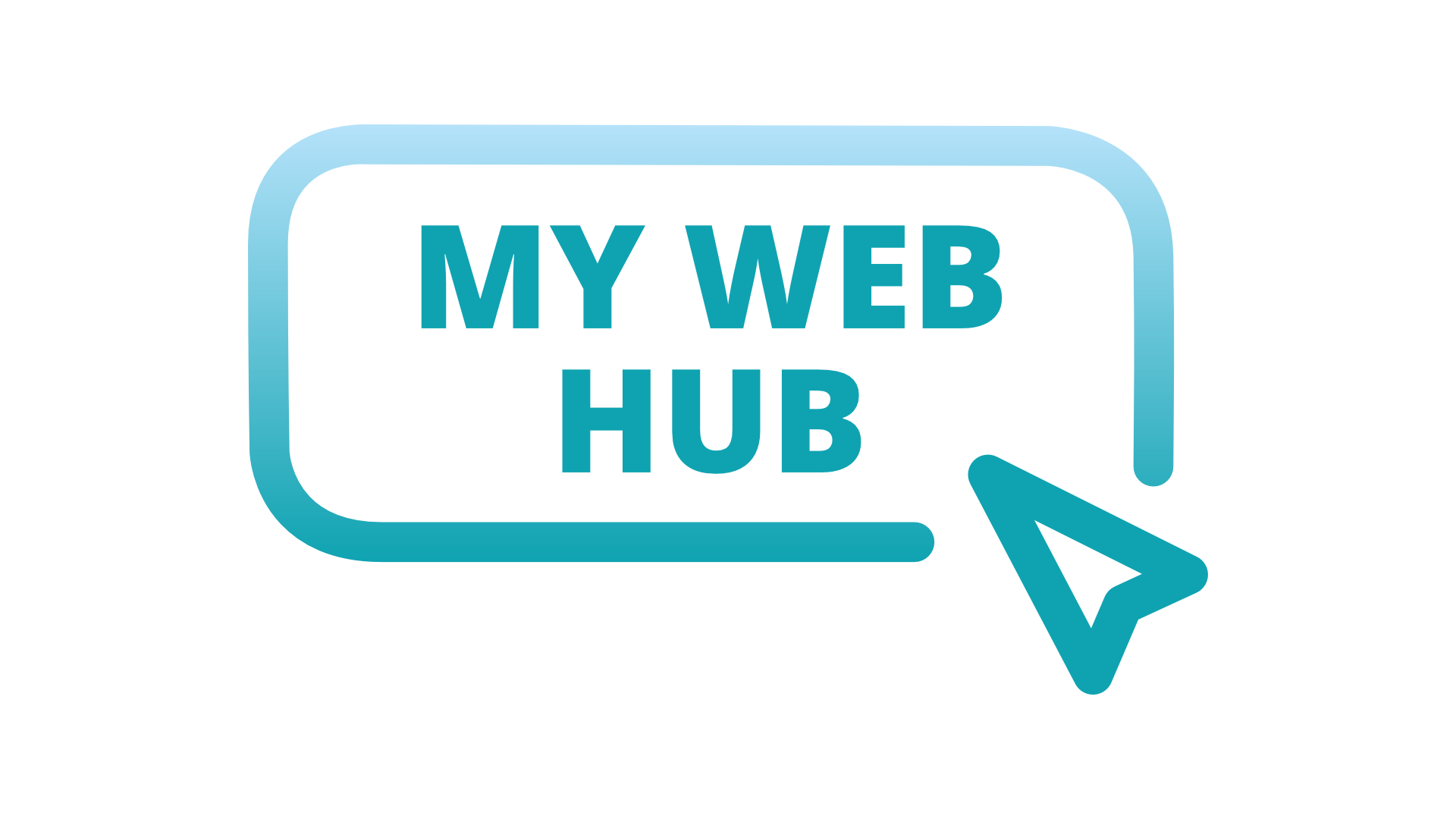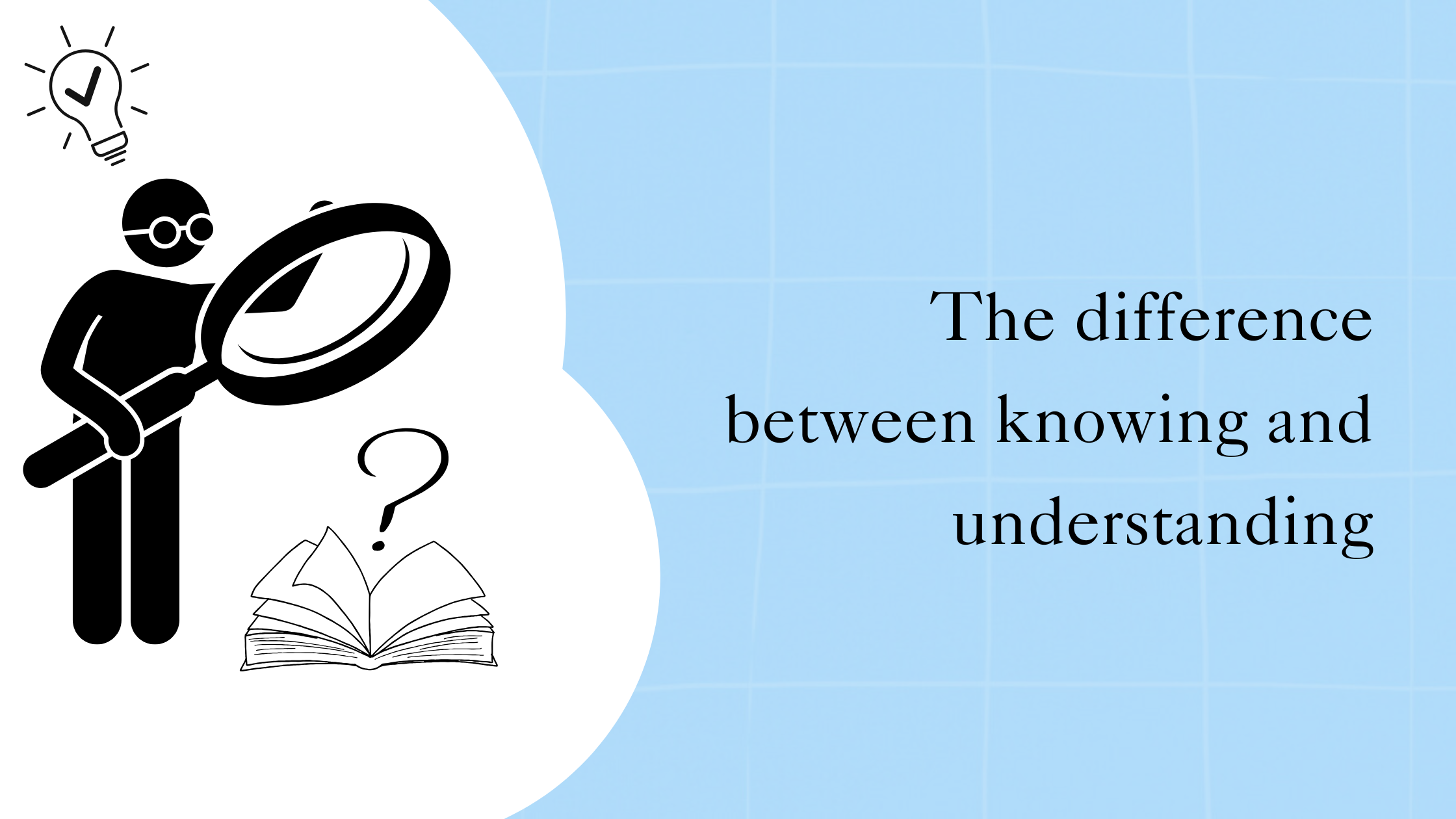“I know.” How many times have we confidently uttered these words, convinced that the information in our possession was sufficient to solve a problem, explain a concept or make a decision? Yet we often realize later that what we knew wasn't enough. And why is this? Because knowing doesn't necessarily mean understanding.
In our daily lives, this distinction is subtle but crucial. We live in an age where access to information has never been easier. With a few clicks, we can learn facts, discover theories and hear testimonials. But understanding requires more: time, personal reflection, and sometimes even real-life experience. It's this depth that enables us to transform simple knowledge into real, practical wisdom.
This article explores the fundamental difference between knowing and understanding, and why this distinction is essential to evolving in our personal journey, particularly when it comes to mental health. Learning to go beyond the surface to reach a fuller understanding can change the way we approach challenges, take care of ourselves and even help others.
Definition: knowledge vs. understanding
Knowledge, is information. It's an accumulation of facts, data or knowledge that can be memorized or repeated. For example, we might know that physical exercise is good for our health, or know in detail the steps involved in a relaxation technique. It's an accessible form of knowledge, often theoretical, which sometimes remains detached from our personal reality.
On the other hand, understanding, is to integrate this information in a deeper, more personal way. This requires reflection on the why and the how . This knowledge applies to us, to our life context, and sometimes even to our emotions. Understanding goes beyond memorizing: it's connecting the dots between raw information and its concrete meaning.
Take exercise, for example. Knowing that exercise is good for your health is the first step. But understanding implies understanding why it's essential for your body and mind, and how to integrate it into your daily routine in a realistic way, according to your constraints, needs and motivations.
It is this transition between knowing and understanding that enables us to transform knowledge into action, and sometimes even into personal transformation.
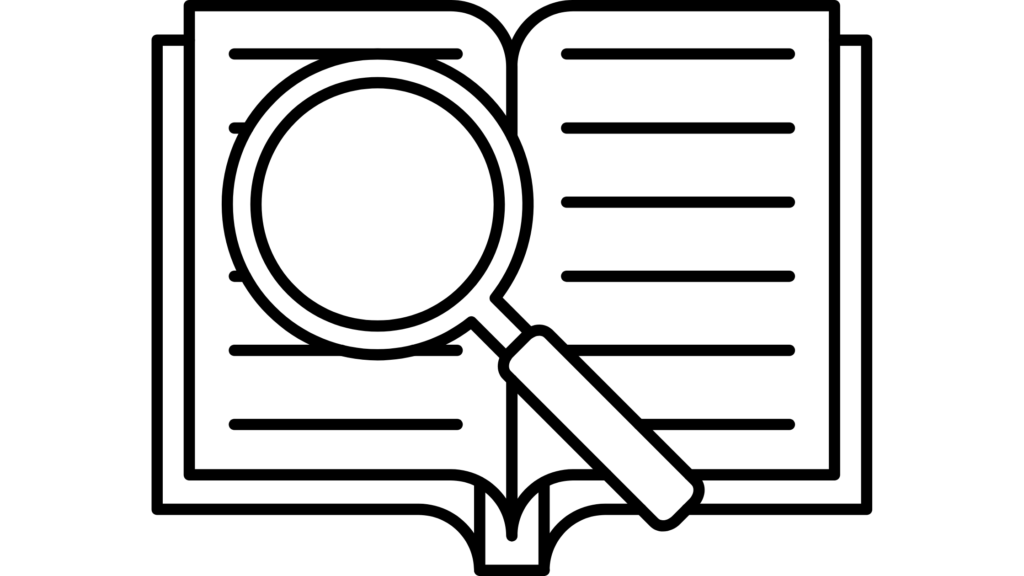
Why this distinction is important
The difference between knowing and understanding takes on particular importance in fields such as mental health, where putting knowledge into practice is essential to create real change.
In mental health
We all know, in one way or another, that it's important to manage stress. Articles, videos and advice on the subject are everywhere. Yet knowing that stress can affect our well-being isn't enough. Understanding means recognizing how stress specifically expresses itself within us: is it through headaches, insomnia, irritability or a constant feeling of exhaustion? It also means understanding why it's important to take steps to manage it, and how these steps can be realistically integrated into our daily lives.
Impact on behavior
Knowing something doesn't guarantee you'll act on it. How many times have we been aware of a solution without actually implementing it? Understanding, on the other hand, often motivates change. When we fully understand a piece of information - not only with our minds, but also with our emotions and experiences - this understanding acts as a driving force. It drives us to take concrete action, adjust our habits or seek help if necessary.
It's this distinction between knowing and understanding that makes all the difference between inaction and genuine transformation.
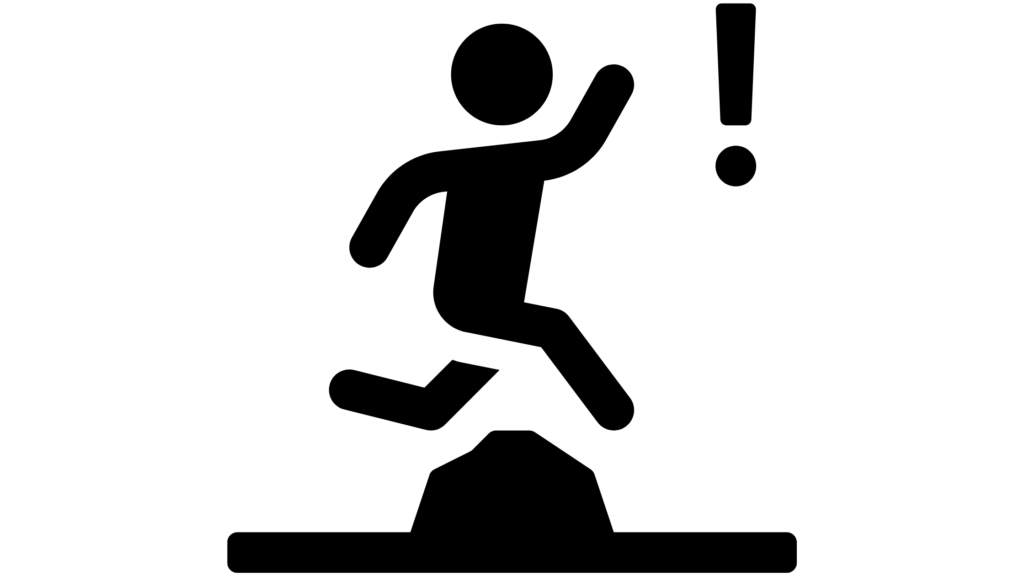
Obstacles to understanding
Even though we have access to an almost infinite amount of information, the transition from knowing to understanding is not automatic. Several obstacles can prevent us from truly integrating knowledge at a deeper level.
Lack of personal reflection
In a fast-paced world, it's easy to settle for a superficial understanding. We often let ourselves be guided by what we read, hear or see, without taking the time to think about what it means for us personally. For example, we may read advice on stress management, but never ask ourselves: How can these strategies work in my own life?
This lack of self-reflection keeps us in a zone where we accumulate information, without really transforming it into useful, applicable understanding.
Lack of time or attention
We live in a society where access to information is immediate and constant, but where the time and attention required for deep reflection is often neglected. Faced with information overload, we quickly jump from one subject to another, without taking the time to digest what we learn.
As a result, even important subjects, such as managing our emotions or our mental well-being, can become superficial knowledge, lacking the attention and patience needed to explore them fully. These obstacles show that understanding requires not only knowledge, but also a commitment to ourselves to deepen and apply what we learn.
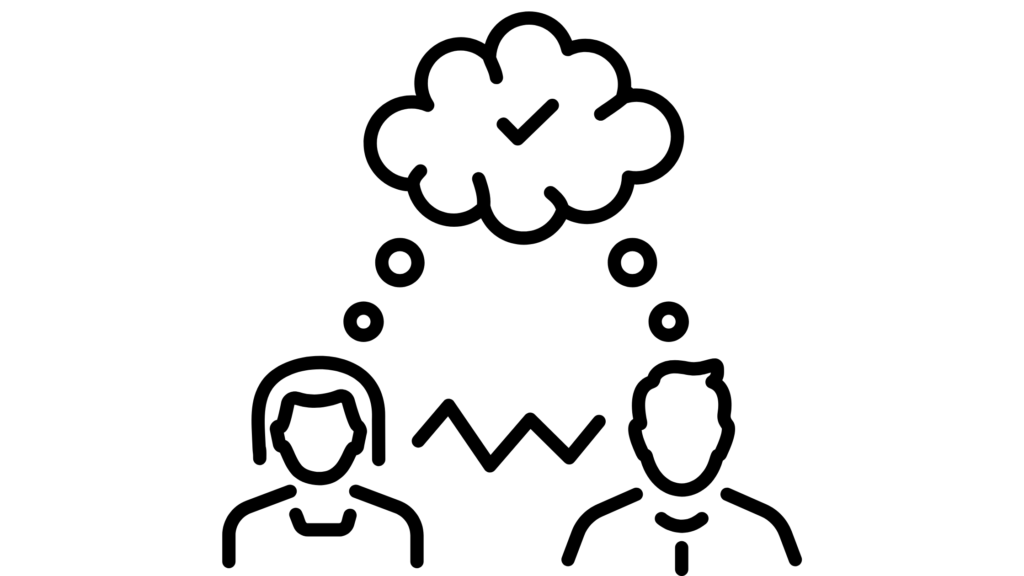
How to move from knowledge to understanding
Transforming knowledge into understanding requires a conscious effort. It doesn't happen by magic, but through concrete actions that help us deepen our knowledge and integrate it into our lives. Here are some practical steps to achieve this:
Actively applying information
One of the best ways to understand an idea is to put it into practice. Trying out exercises or techniques related to what you've learned helps turn theory into lived experience. For example, if you know that conscious breathing helps to reduce stress, take a few minutes each day to experiment with this technique. You'll begin to feel its effects and understand why it's so effective.
Ask key questions
Personal reflection is essential to go beyond knowledge. Ask yourself questions like:
- Why is this important to me?
- How does this information apply to my current situation?
- What changes can I make to integrate this understanding into my life?
These questions allow you to relate the information to your own context, making understanding more relevant and meaningful.
Share and discuss
Talking about what you're learning with others is a great way to clarify your ideas and broaden your perspective. Discussions allow you to confront different points of view and deepen your thinking. For example, explaining to a friend what you've learned about stress management can not only strengthen your understanding, but also inspire new ways of applying it.
A few practical examples
To better illustrate the distinction between knowing and understanding, let's explore some concrete examples where this difference can transform our perception and actions:
Knowing that meditation reduces stress
We've often heard that meditation is an effective stress-reduction practice. But understanding this claim means going beyond words. It means experimenting, for example, by taking 5 minutes after a stressful day to breathe consciously. Only by feeling the calming effect of this exercise can we truly integrate its importance and adopt it as a regular tool.
Knowing that asking for help is important
Many of us intellectually recognize the importance of asking for help. Yet understanding this notion means deconstructing preconceived ideas, such as the association between help and weakness. It means realizing, sometimes after having taken that difficult step, that asking for help is actually an act of courage and strength, enabling us to face challenges more effectively.
Knowing that physical activity improves mental health
We know that exercise releases endorphins, hormones that help us feel better. But understanding this reality might mean noticing that a simple 15-minute walk in the fresh air, even on days when energy is lacking, can actually improve your mood and mental clarity.
Knowing that quality sleep is essential
We often hear that sleeping well is crucial to good health. Understanding this means recognizing how a lack of sleep specifically affects your energy, concentration or emotions. This can motivate you to set up an adapted routine, such as turning off screens an hour before bedtime to promote better rest.
Knowing that setting limits is necessary for your well-being
We all know that it's important to say “no” to preserve our balance. Understanding means feeling the emotional and mental benefits of having set a limit, such as avoiding burnout or maintaining healthier relationships.
Knowing that practicing gratitude improves well-being
We know that gratitude is good for the mind. But to understand is to experience how taking two minutes to write down three positive things at the end of a difficult day can change your perspective, even in complicated times.
Knowing that getting away from screens helps you concentrate
Knowing that limiting screen time is useful is one thing. To understand is to feel the difference an afternoon without notifications can make in terms of productivity, creativity or connection to oneself.
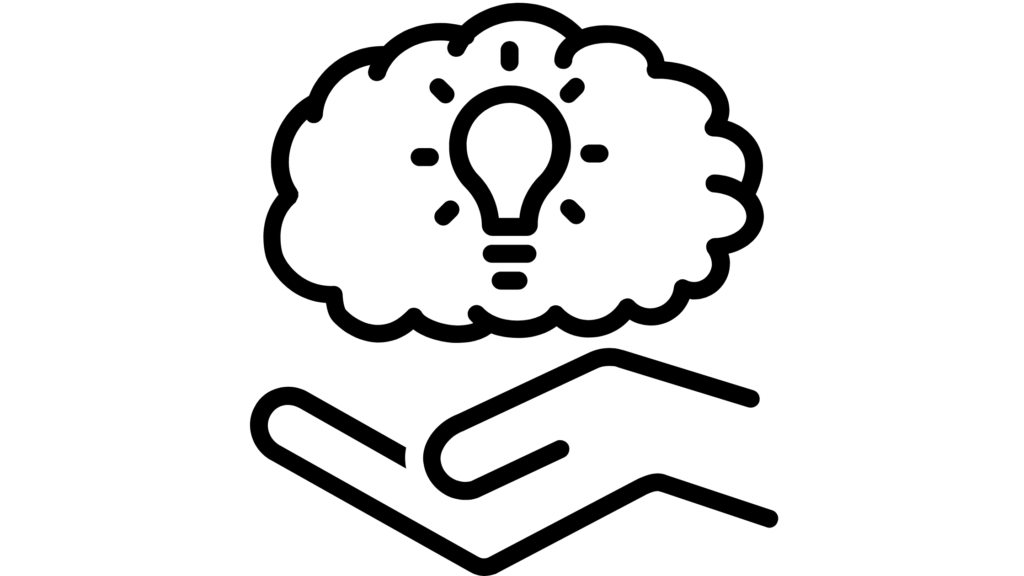
The difference between knowing and understanding may seem subtle, but it's crucial. To know is to accumulate information, whereas to understand is to integrate it, experience it and transform it into meaningful action. In our quest for well-being, this distinction plays a key role: it helps us move from theory to genuine personal transformation.
We live in a world where information is ubiquitous, but deep understanding is often overlooked. Yet it's by fully understanding an idea that we can reap real benefits, whether it's better managing stress, taking care of our health or building more balanced relationships.
What about you? Take a moment to reflect: what is something you know, but haven't yet fully understood? Identify an action or exercise that could help you deepen that knowledge. Dare to experiment, question and make this idea your own. This step could be the key to transforming simple knowledge into life-enriching understanding.
Want to know more? Here are some links you might find useful
Articles
- Knowing and Understanding - Stacey Alcorn
- Vishal Ostwal - The Unconventional Perspective - Knowing ≠ Understanding
- Medium - Do You Know or Understand? - Kiran Prasad
Videos
- The Difference Between Knowing and Understanding | Jordan Peterson | Best Life Advice- WordToTheWise
- Knowledge vs Thinking - Neil deGrasse Tyson- After Skool
- Knowing vs. Understanding- Lori Stohs
If you would like to discover more content on personal and professional development, please click on this link to access other similar articles.
